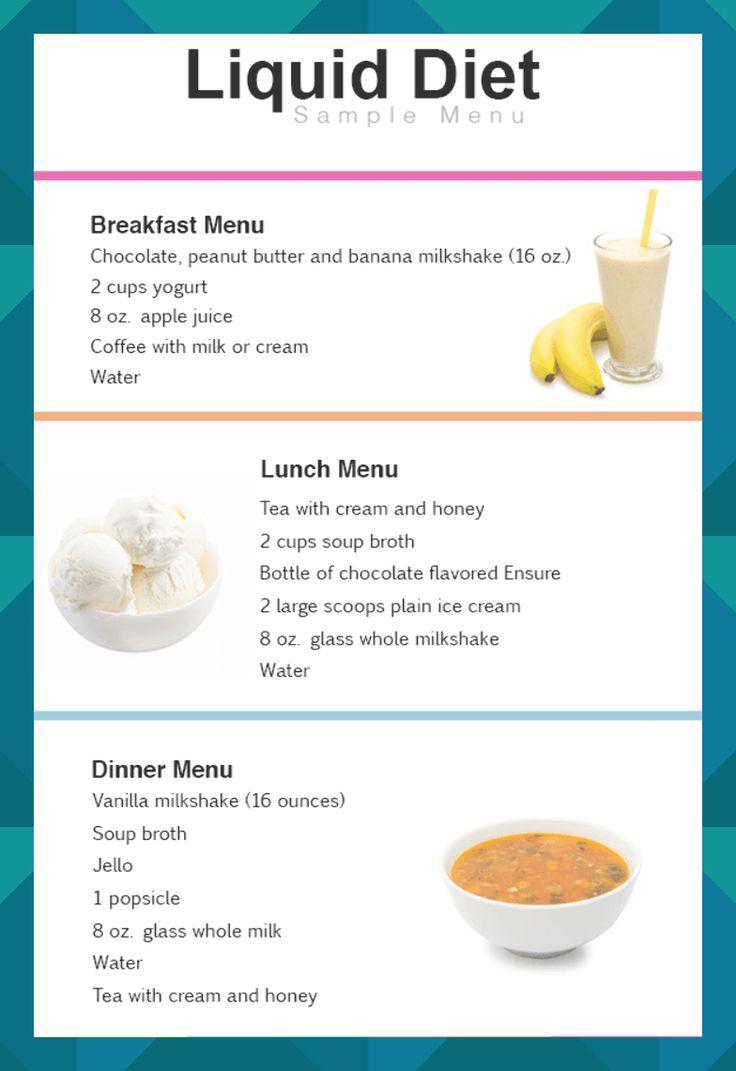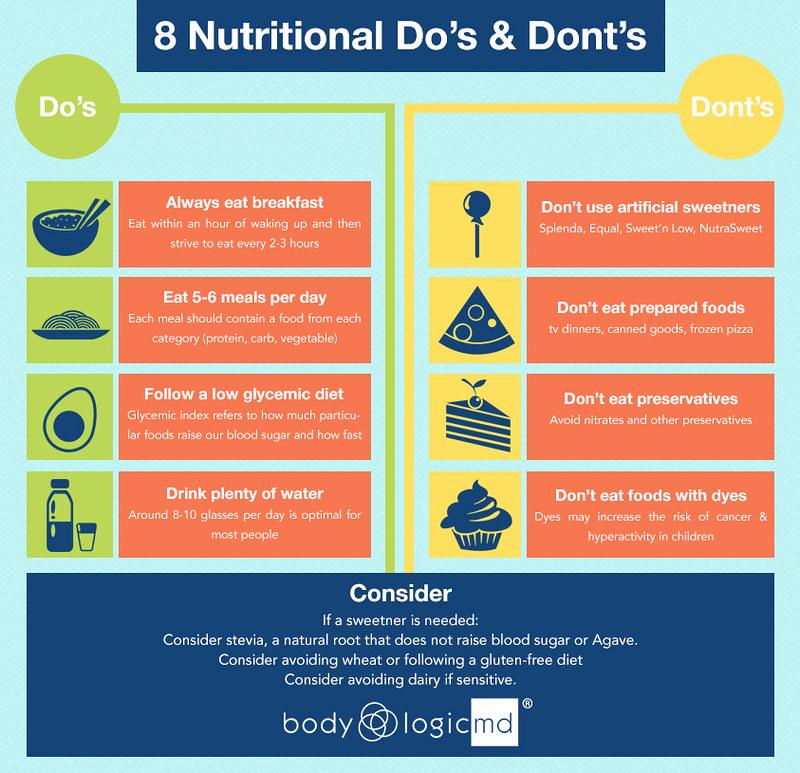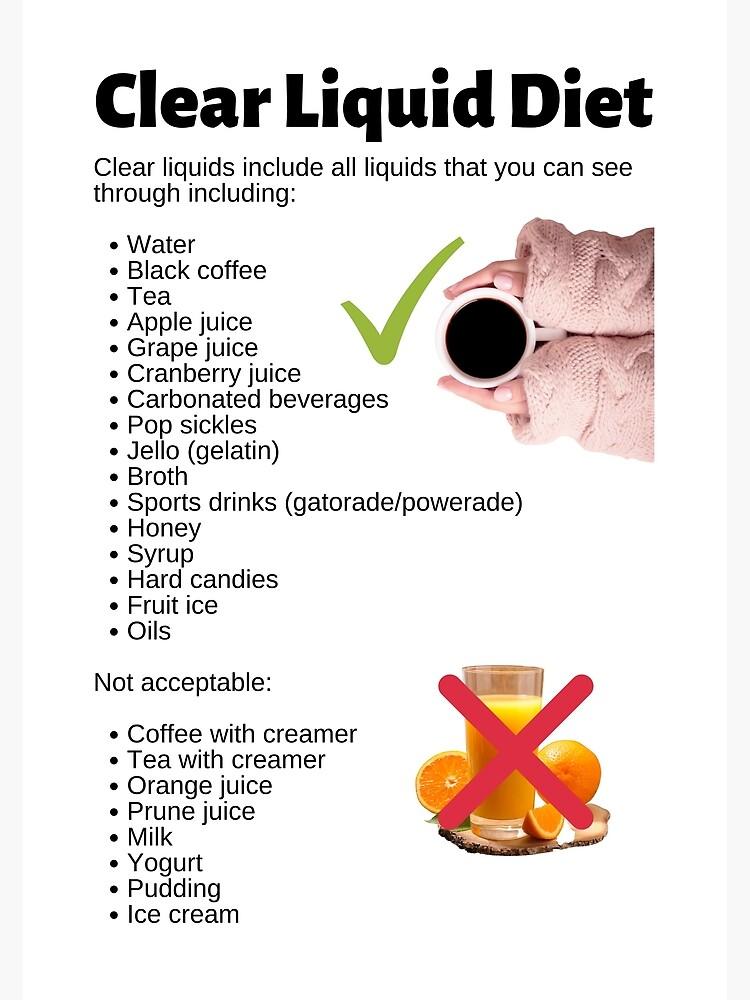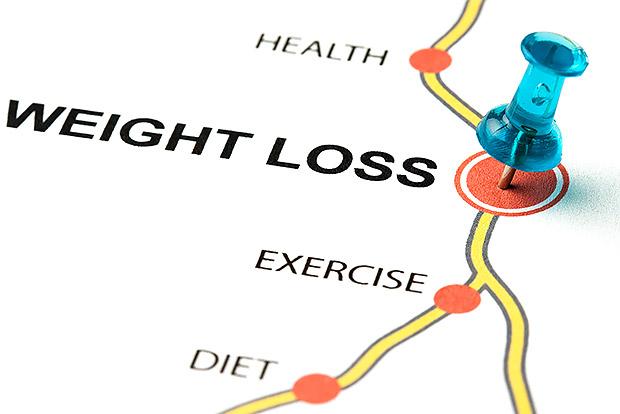Have you ever found yourself frustrated with diets that promise results but leave you feeling hungry and deprived? You’re not alone. Many people struggle with finding a weight loss solution that fits into their busy lifestyles while still delivering real results. In this article, we’re diving into the world of liquid diets, exploring what they entail, how they can aid in weight loss, and the potential challenges you might encounter along the way. With practical tips and insights, we aim to shed light on whether a liquid diet could be a worthwhile option for you. So, if you’re curious about a different approach to shedding those extra pounds, stick around—we’re here to help you navigate this journey together.

Understanding the Basics of a Weight Loss Liquid Diet
Diving into the world of liquid diets for weight loss can feel like stepping into uncharted waters. Many people grapple with the concept, often wondering, “Is this just a fad?” or “Will it really work for me?” The truth is, a liquid diet can provide a structured approach to weight loss, but understanding the fundamentals is crucial. Think of it as a temporary reset button for your eating habits. A variety of liquids like smoothies, soups, and meal replacement shakes can help reduce calorie intake while offering essential nutrients. However, it’s key to remember that not all liquids are created equal—some are loaded with sugars and empty calories, so choosing wisely is essential for long-lasting results.
What might surprise many is the potential benefits of incorporating liquid meals into your routine. According to a study published in the Journal of Nutrition, liquid diets can enhance feelings of fullness and aid digestion, primarily due to their consistency. Have you ever wondered about the science behind liquid nutrition? When you consume well-balanced liquid meals, your body can absorb nutrients more efficiently, which supports metabolic processes. To get you started, consider blending whole fruits with leafy greens or preparing hearty vegetable soups. Aim for a balance of proteins, healthy fats, and fiber to ensure you’re not only losing weight but also feeling satisfied throughout the day.
But how do you effectively implement a liquid diet without feeling deprived? Gradual changes can make a big difference. Begin by replacing just one meal a day with a nutrient-dense liquid option, like a protein-packed smoothie or vegetable broth. This not only eases your body into the transition but also gives you a chance to experiment with flavors and textures. As you grow more comfortable, you can incorporate more liquid meals, paying attention to your body’s response. Keeping a journal to track your progress and reflect on how these changes affect your hunger levels, energy, and mood can provide insight into your journey. Remember, your path towards weight loss is uniquely yours—adapt the liquid diet to fit your lifestyle, and ensure that it remains a nourishing part of your routine, not just a quick fix.

Choosing the Right Liquid Options for Your Diet
When considering liquid options for your diet, it’s essential to recognize that not all liquids are created equal. Many people gravitate toward commercially marketed meal replacement shakes, but it’s worth exploring the vast world of homemade and natural alternatives. For instance, smoothies made from leafy greens, nutrient-rich fruits, and a splash of plant-based milk can be both filling and incredibly nutritious. Have you ever tried a green smoothie? Not only do they deliver an impressive amount of vitamins and minerals, but they can also be customized with protein powders or nut butters to suit your taste preferences and nutritional needs. The beauty lies in the flexibility: you can adjust the ingredients based on what you have at hand, making it a budget-friendly option!
It’s also vital to consider hydration’s role in weight loss. Staying hydrated can sometimes be overlooked, but think about this question: have you ever confused thirst for hunger? This common phenomenon may lead to unnecessary snacking. Incorporating liquids like herbal teas, infused waters, or even low-sugar broths not only helps quench your thirst but can also support your body during a calorie-restricted diet. Studies have shown that drinking water before meals can help reduce calorie intake, making it a simple yet effective strategy for weight management. Check out the research from the National Institutes of Health to see how hydration influences satiety and appetite control.
Another key aspect to consider is the timing and variety of your liquid meals. Perhaps you’ve experienced a day where lunch was simply a shake and dinner was soup—did you feel satisfied? Ensuring variety is crucial. Try interchanging between smoothies in the morning, hearty vegetable soups at lunch, and a protein shake post-workout. This approach not only keeps your taste buds engaged but also ensures your body receives a range of nutrients throughout the day. To make meal planning easier, consider keeping a simple table or chart of your liquid meals and snacks. For example:
| Meal | Type | Example |
|---|---|---|
| Breakfast | Smoothie | Spinach, banana, almond milk |
| Lunch | Soup | Lentil and vegetable broth |
| Post-Workout | Protein Shake | Whey protein with berries |

Nutritional Balance: How to Ensure Youre Getting Enough
When it comes to achieving sustainable weight loss, many of us often default to drastic measures, skipping meals or diving headfirst into liquid diets that promise miraculous results. But here’s the catch: these approaches can leave your body deprived of essential nutrients, leading to fatigue, irritability, and even binge eating later on. Instead of chasing quick fixes, let’s shift our focus to a more balanced approach. Consider incorporating a variety of nutrient-dense ingredients into your liquid meals. Think beyond just fruits and juices—why not blend in some leafy greens, a scoop of protein powder, or healthy fats like avocado or nut butter? When every sip is packed with fiber, protein, and healthy fats, you’re not just losing weight; you’re nourishing your body.
Have you ever wondered about the importance of macronutrients in your diet? It’s easy to ignore them in the hustle of daily life, but they play a critical role in how our bodies function. Proteins support muscle repair, carbohydrates give us energy, and fats help absorb vitamins. Aim for a balanced intake by focusing on whole foods that provide these essential nutrients. You might be surprised to learn that including a protein source in your liquid diet can significantly increase your feeling of fullness. Research indicates that protein can decrease hunger hormones and increase satiety hormones. So, when you’re whipping up your next smoothie, consider adding Greek yogurt or some plant-based protein. You’ll walk away feeling satisfied, rather than searching the pantry an hour later.
Now, let’s talk real-world applications. When building a nutritious liquid diet, think of it as a playful experiment. Start by trying new combinations and flavors each week. For example, what about a tropical smoothie with spinach, pineapple, and coconut milk? Or a warming blend of butternut squash, ginger, and cinnamon? Keep a food diary to track what you enjoyed and how it made you feel. This self-awareness not only enhances your culinary skills but also helps pinpoint what truly nourishes you. And let’s not forget hydration! Water plays a vital role in nutrient absorption and digestion, so ensure you’re staying hydrated. Grab your favorite smoothie recipe, blend it up, and sip your way to a healthier you. Your taste buds—and your body—will thank you!

Tips for Transitioning to a Liquid Diet Safely
Shifting to a liquid diet can feel like taking a leap into the unknown, right? It’s essential to ease into this transition gently, as your body needs time to adjust. Start by replacing just one meal a day with a nutritious liquid option. Think smoothies packed with kale, spinach, or protein-rich smoothies made with Greek yogurt or almond milk. This gradual change helps your digestive system adapt, setting the stage for greater success later. Remember, it’s about balance—too much too soon can lead to discomfort or discouragement.
Common misconceptions often suggest that a liquid diet is synonymous with deprivation. In reality, it can be a flavorful exploration of vibrant foods! Experimenting with recipes can make this journey more enjoyable. Think about utilizing ingredients you may not typically reach for—like adding avocados to your smoothies for creaminess or spices such as cinnamon or ginger for zing. Studies have shown that variety can enhance satisfaction and make it easier to stick to dietary changes. Utilize that curiosity! Check out resources like Healthline for innovative ideas.
Hydration is more critical than ever while on a liquid diet, not only for overall health but to aid in weight loss effectively. Aim to drink plenty of water throughout the day; consider infusing it with fruits or herbs for a delightful twist. As you’re adjusting, pay attention to how your body feels, what cravings emerge, and how your energy levels fluctuate. Keeping a food diary can also provide valuable insights; jotting down your thoughts can help identify patterns or highlights along the way. It’s this connection with your body that ultimately leads to sustainable changes—you’re not just embarking on a diet, but building a healthier relationship with food.

Maintaining Weight Loss After Completing Your Liquid Diet
Transitioning from a liquid diet to a stable weight can feel daunting, but it’s absolutely doable with the right mindset and strategies. Think of your journey not just as a finish line, but as an evolving lifestyle. Many people fall into the trap of reverting to old habits after weight loss; instead, why not use this moment as an opportunity to discover new, satisfying foods? Consider incorporating high-fiber fruits and vegetables into your meals, which can keep you feeling fuller for longer. Have you ever experienced that moment when a bowl of oatmeal or a colorful salad makes you smile? Those simple choices can be powerful allies in the battle against weight regain.
It’s also important to focus on container portioning and mindful eating. Did you know that people often underestimate how much they eat when they’re distracted? Simple techniques, like using smaller plates or being aware of your eating pace, can make a world of difference. Another actionable step you can take is to explore meal prep. Planning a week’s worth of balanced meals can help shift your mindset from making impulsive food choices to intentional eating. It fosters a deeper connection to what you’re consuming. You can read more about mindful eating principles at National MS Society.
Lastly, never underestimate the power of community and accountability. Sharing your journey with family or friends can elevate your experience. Find a buddy to join you in cooking healthy recipes or exploring new fitness classes together. Consider joining local support groups or online forums where individuals share their triumphs and challenges in maintaining weight loss. Having someone to lean on can keep you motivated and even inspire new habits that you hadn’t considered. Remember, this is a journey, not just a destination; every step you take is progress. For more inspiration, check out CDC’s Healthy Weight initiatives for resources and expert advice.
Looking Ahead
As we’ve explored, a weight loss liquid diet can serve as a powerful tool for those looking to kickstart their journey toward better health, all while being mindful of nutrition. By focusing on the benefits, potential challenges, and the importance of maintaining balance, we hope you feel equipped to navigate this path with confidence. Perhaps it’s time to consider how incorporating more liquid meals could fit into your own routine—what might you try first? Sharing your thoughts or experiences in the comments below can foster a collaborative environment where we can learn from one another. Remember, every small step toward healthier choices is a victory worth celebrating. So, whether you’re blending smoothies or experimenting with soups, embrace this opportunity for positive change and let your journey inspire others along the way. Your health goals are within reach!





